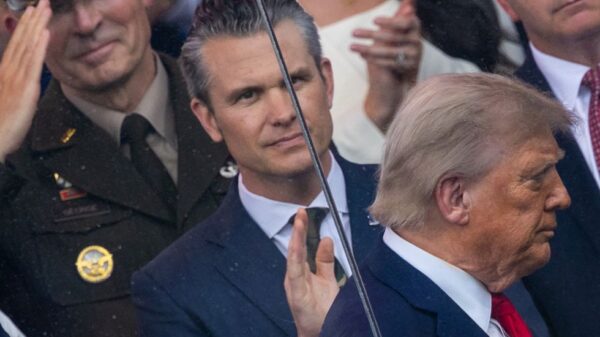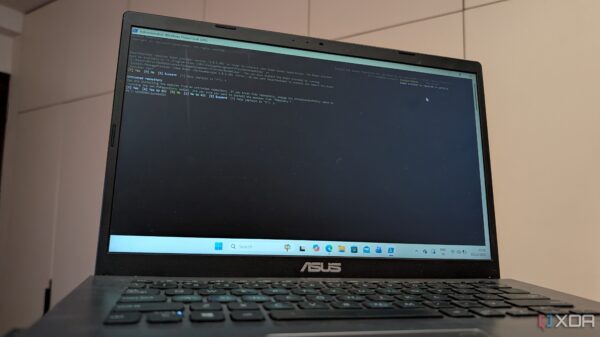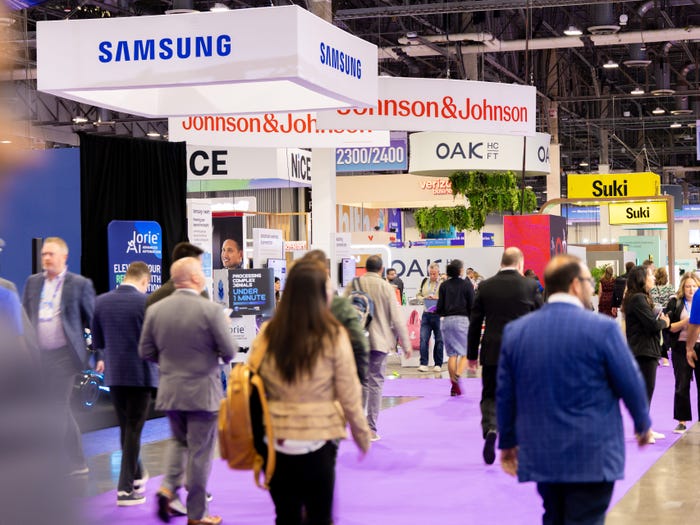UPDATE: The HLTH conference in Las Vegas has been overtaken by an overwhelming surge of AI hype, with startups and established giants alike scrambling to showcase their latest innovations. Just announced, the event has sparked concerns among healthcare executives about an impending AI bubble and the impact of major players like OpenAI and Epic on smaller firms.
As nearly every company at HLTH 2025 staked a claim in the AI realm, attendees expressed a mix of excitement and fatigue. The event, labeled as the “Dreamforce of healthcare,” highlighted over $6.4 billion in VC funding for digital health startups in the first half of 2025, with a staggering 62% of that going to AI initiatives, according to Rock Health.
Yet, the specter of competition looms large. Industry leaders noted that the entry of tech giants into healthcare AI is intensifying the pressure on startups.
“In my portfolio, people view OpenAI and Anthropic much more as a threat than people have ever viewed Amazon or Microsoft,”
stated Blake Wu, a partner at NEA. This sentiment reflects a growing apprehension that established firms may overshadow smaller, innovative players.
On the bustling conference floor, AI was omnipresent. Booths from companies such as Innovaccer and SoundHound flaunted slogans like, “Your data. Our agents. Real outcomes.” However, the repetitiveness of AI claims left some attendees feeling disenchanted. One healthcare executive lamented,
“Everyone is framing themselves as the most generic, enterprise-wide agentic AI solution. It makes me want to vomit.”
Despite the concerns, significant funding announcements marked the event. OpenEvidence revealed a monumental $200 million raise at a valuation of $6 billion, while Hyro secured $45 million in funding. These developments suggest that investor confidence in healthcare AI remains robust, even amid fears of oversaturation.
The presence of OpenAI on the main stage, represented by new healthcare lead Nate Gross, added to the tension. Although he didn’t unveil specific healthcare plans, his participation underscored the urgency of innovation in the sector.
“ChatGPT now sees around 800 million active users per week,”
Gross noted, indicating the vast potential user base for healthcare applications.
On the other hand, the absence of medical records giant Epic on the conference floor was felt keenly, as they plan to unveil their own AI tools soon, intensifying the competition for health startups. This environment has led to a cautious optimism among investors, with some advocating for a more responsible approach to AI development in healthcare.
In a striking contrast to the AI buzz, HLTH 2025 also showcased a vibrant atmosphere, complete with leisure activities like pickleball and a puppy park, emphasizing the conference’s celebratory tone. However, amidst the festivities, the anxiety surrounding AI’s future in healthcare remains palpable.
As the conference unfolds, industry insiders are keenly watching how the trends will evolve. The call for distinguishing genuine AI advancements from mere buzzwords is growing louder, with many urging a focus on practical applications rather than surface-level integration.
The conversation around AI’s role in healthcare is far from over, and as the conference progresses, the implications for both startups and established players will be closely monitored. With major players on the horizon and a flood of investments, the future of healthcare AI is set to unfold dramatically in the coming months.






































































